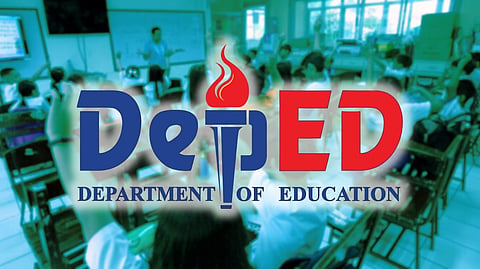
- NEWS
- the EDIT
- COMMENTARY
- BUSINESS
- LIFE
- SHOW
- ACTION
- GLOBAL GOALS
- SNAPS
- DYARYO TIRADA
- MORE

The Department of Education (DepEd) is seeking a P928.52-billion budget for 2026 to tackle classroom shortages, child hunger, and resource gaps affecting millions of Filipino learners and teachers nationwide.
The proposed allocation, presented to the Senate finance committee, would address the immediate needs of public schools while investing in long-term education reforms. The budget represents a historic four percent of the country’s Gross Domestic Product (GDP).
“There are still significant challenges facing the education sector, but the direction is clear. Every peso is for our teachers and students. Support from the President and lawmakers is a crucial investment to address urgent needs while building a strong foundation for education,” Education Secretary Sonny Angara said.
The DepEd plans to allocate P13.2 billion to build nearly 4,900 new classrooms next year to ease overcrowding. Through public-private partnerships and collaboration with local governments, the agency aims to deliver up to 40,000 more classrooms by 2028.
An additional P11.8 billion will fund the School-Based Feeding Program, ensuring all Kindergarten children and malnourished pupils from Grades 1–6 receive proper meals to support their learning.
The agency will also set aside P16 billion for laptops for teachers and internet connectivity for schools that are still offline, equipping educators with tools for today while preparing the system for long-term digital transformation.
An unprecedented P6 billion is earmarked for teacher career progression, to support the promotion of an estimated 113,000 teachers and school heads — a direct investment in the livelihood of educators and their families.
To ensure accountability, the DepEd will track these programs through monthly public dashboards and open government initiatives, allowing lawmakers and the public to monitor the number of classrooms built, meals served, and digital tools delivered.
“Education does not end in one year or one budget cycle. It is a long-term battle that requires strong support from the government, the private sector, and every Filipino,” Angara said.
He thanked the senators for their support and expressed confidence that Congress will create the fiscal space needed for these critical programs.
